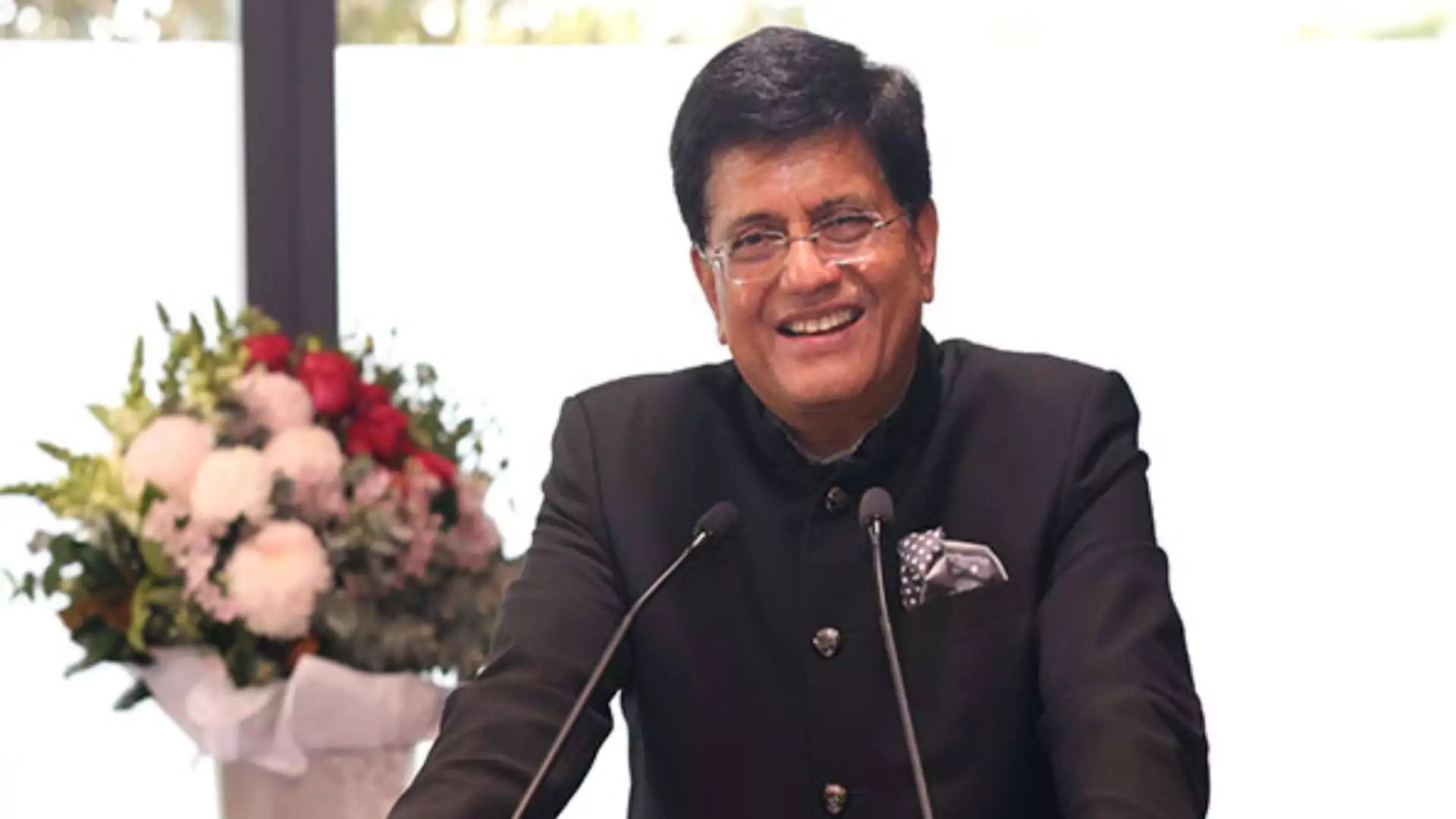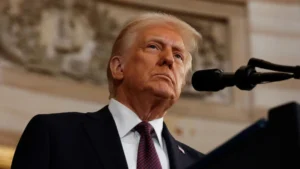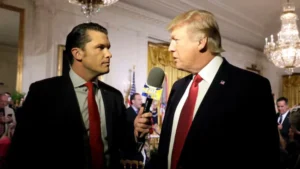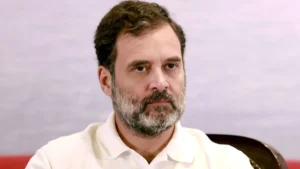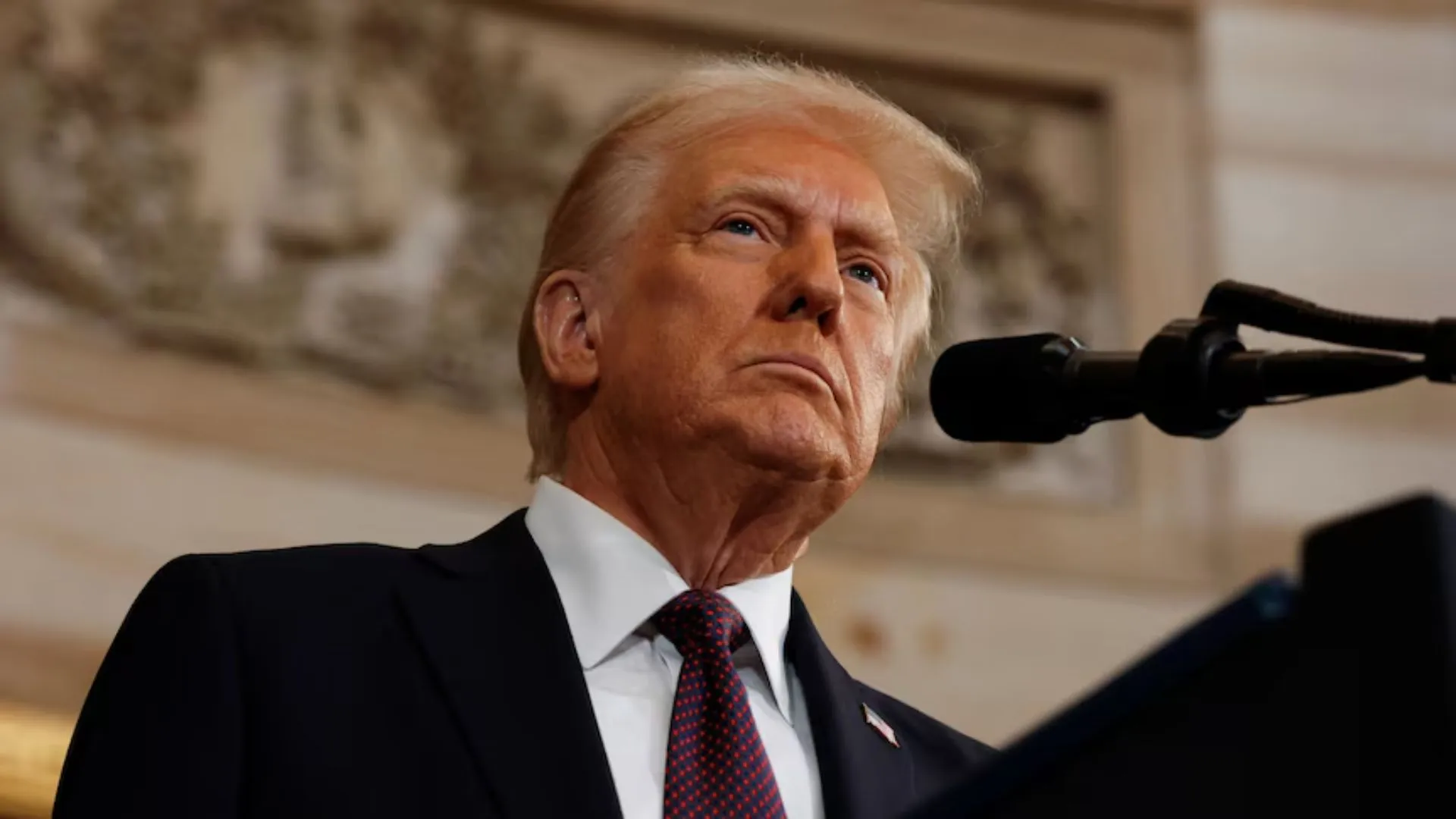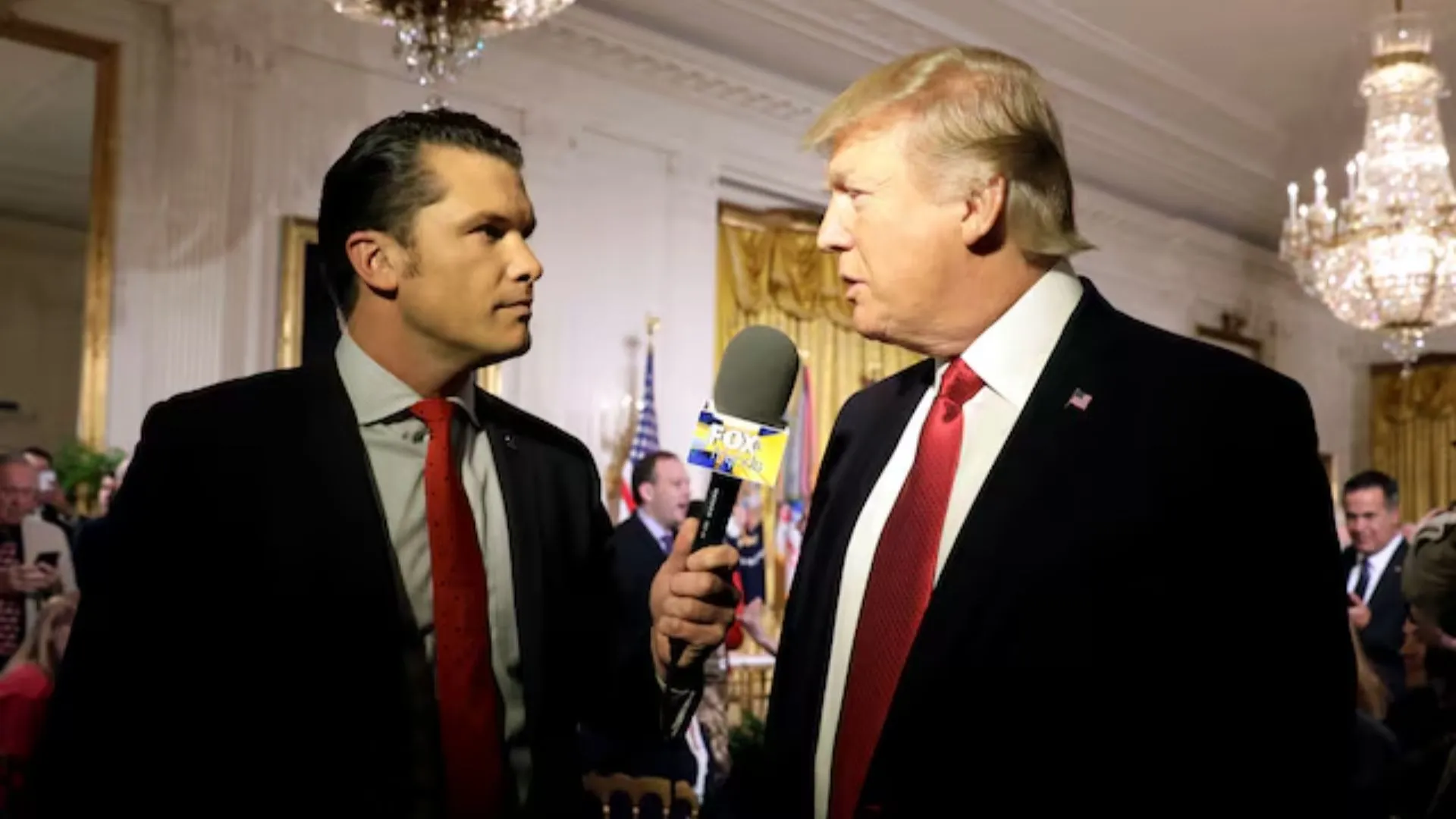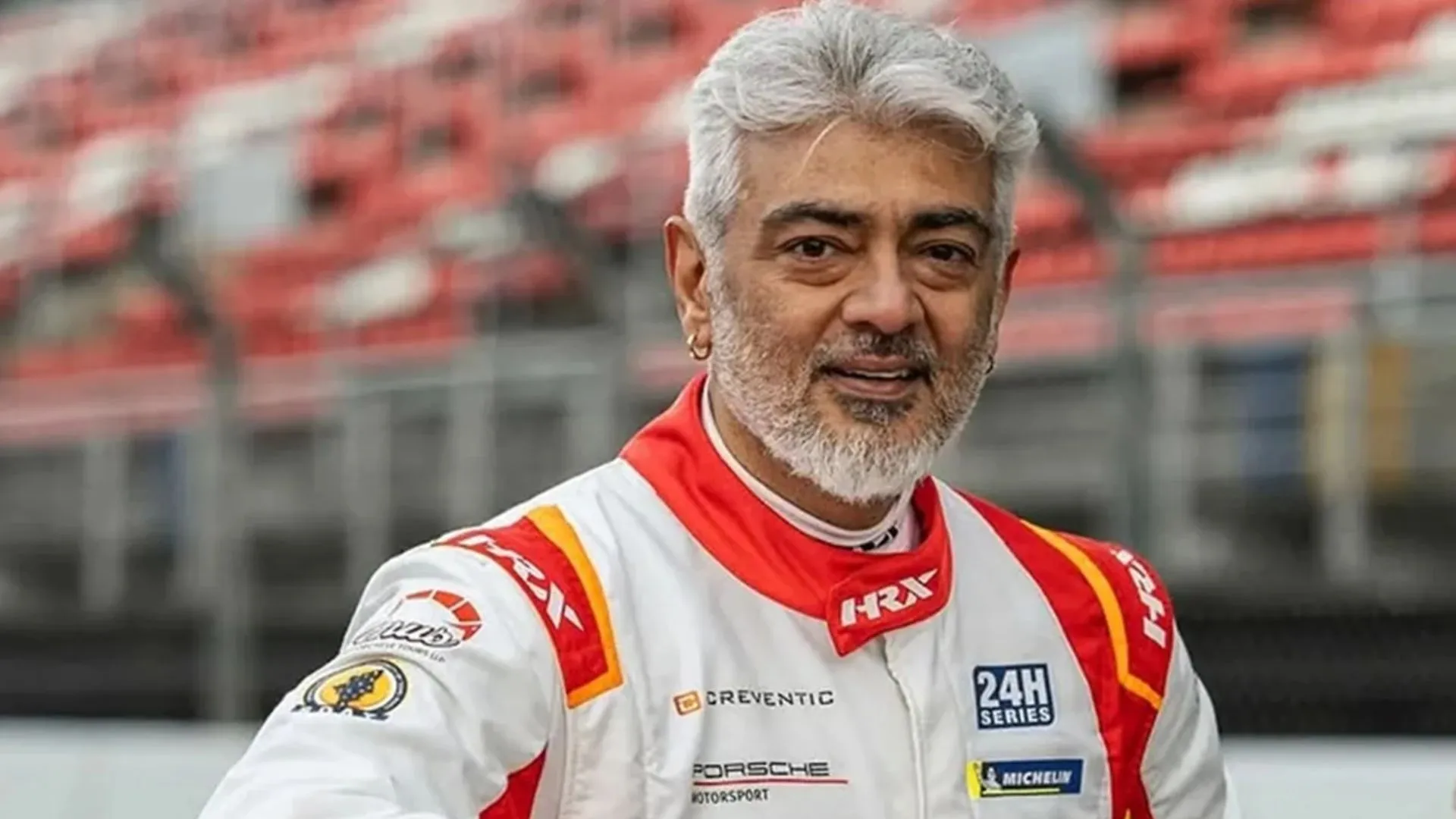The Union Government on Wednesday celebrated 10 years of its flagship “Make in India” initiative, aimed at turning the nation into a global manufacturing hub. Union Minister of Commerce and Industry Piyush Goyal, in an exclusive virtual interaction with ANI from Adelaide, reflected on the transformative journey over the past decade, contrasting it with the challenges faced in the previous decade.
“It is a story of lost decade vs last decade,” Goyal stated, criticizing the economic and governance challenges during the 2004-2014 period. “India went into despondency, investor interest was shattered, and corruption became the order of the day. The economy, foreign exchange reserves, and growth were down, the rupee fell, and inflation was high. People had given up on India. Even domestic investments were stalled.”
PM Modi’s Vision: A Decade of Resurgence
Goyal highlighted the change that began in 2014 when Prime Minister Narendra Modi took charge. “In that scenario, PM Modi took charge in 2014, and the last decade has been one where the macro-economic fundamentals have been strengthened,” he said, noting key initiatives such as Startup India, the development of 20 new industrial smart cities, and efforts to improve India’s ease of doing business ranking.
The “Make in India” initiative, launched by Modi, has been instrumental in reshaping India’s manufacturing landscape. Goyal emphasized that the world now views India as a prime destination for manufacturing, thanks to the holistic approach adopted by the government in partnership with both domestic and international private sectors.
Restoring Investor Confidence and Building a Manufacturing Powerhouse
Goyal further praised PM Modi’s governance, which he said has restored confidence among both domestic and foreign investors. He pointed out that the government’s focus on “Atmanirbhar Bharat” (self-reliant India) has driven efforts to reduce dependency on imports by promoting domestic manufacturing.
“PM Modi had focused on Atmanirbhar Bharat, and we are targeting products where our import dependency was high, to promote their domestic production. International trade is important and necessary, as every country has its own competitive advantages. Imports are not inherently bad; we aim for larger engagement with the world through both imports and exports,” he explained.
Job Creation and Entrepreneurial Growth Through Manufacturing
Highlighting the success stories under the “Make in India” initiative, Goyal cited the recent launch of the Apple iPhone 16, manufactured in India, as a testament to the growing capabilities of the country’s manufacturing sector. “Manufacturing is giving a huge impetus to job creation. Who makes them? Women working in the Chennai factory in Tamil Nadu,” he noted.
Goyal also pointed out the transformation in industries like air conditioning, where India has evolved from being an importer to a potential global exporter. “We are now a 50% domestic value-added industry in air conditioners. With four compressor plants coming up, India will soon become an exporter of air conditioners,” he said.
The minister stressed that manufacturing not only creates jobs directly but also fosters an ecosystem that generates entrepreneurial opportunities and supports ancillary industries. “As manufacturing grows, jobs are created in setting up factories, housing for the people, building infrastructure, and logistics,” he added, dismissing critics of the government’s policies.
Export Growth and Global Recognition
Reflecting on India’s export performance, Goyal highlighted the significant increase in exports post-COVID, both in merchandise and services. “The world recognizes the scale at which you can produce and export from India. The competitiveness of our product costing is also very attractive. India offers a large domestic demand, and with that scale, we become competitive in other nations,” he said confidently.
Goyal also mentioned the success of the Production Linked Incentive (PLI) schemes, particularly in the electronics sector, where mobile phone manufacturing has seen substantial growth. “Electronics is now the third-largest export sector from India,” he noted.
Strengthening International Partnerships
Earlier in the day, Goyal met with Don Farrell, Australia’s Minister of Trade and Tourism, to discuss the future of India-Australia economic relations. Both nations reaffirmed their commitment to partnering in a way that leverages the full potential of their economic relationship, providing a wide array of opportunities for businesses on both sides.
As India enters the next decade under the “Make in India” banner, Goyal expressed optimism about the country’s trajectory, emphasizing that the government is “supercharged” to become a global manufacturing superpower.
MUST READ: How Did Ravinder Raina Rise To Become BJP’s Main Man In J&K Elections?


